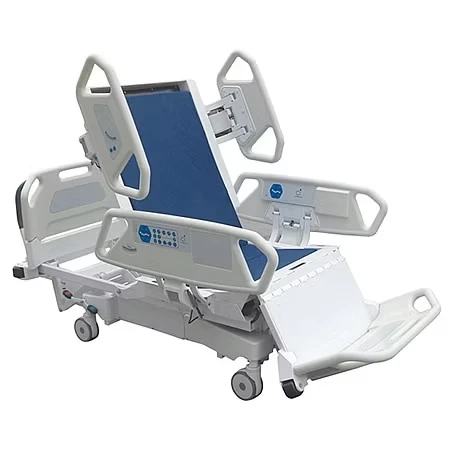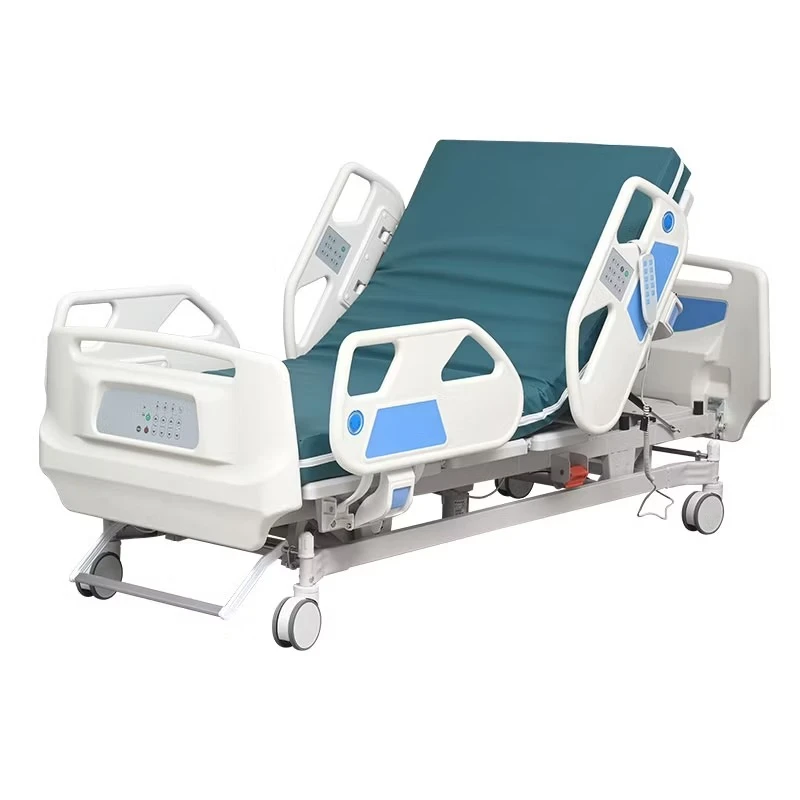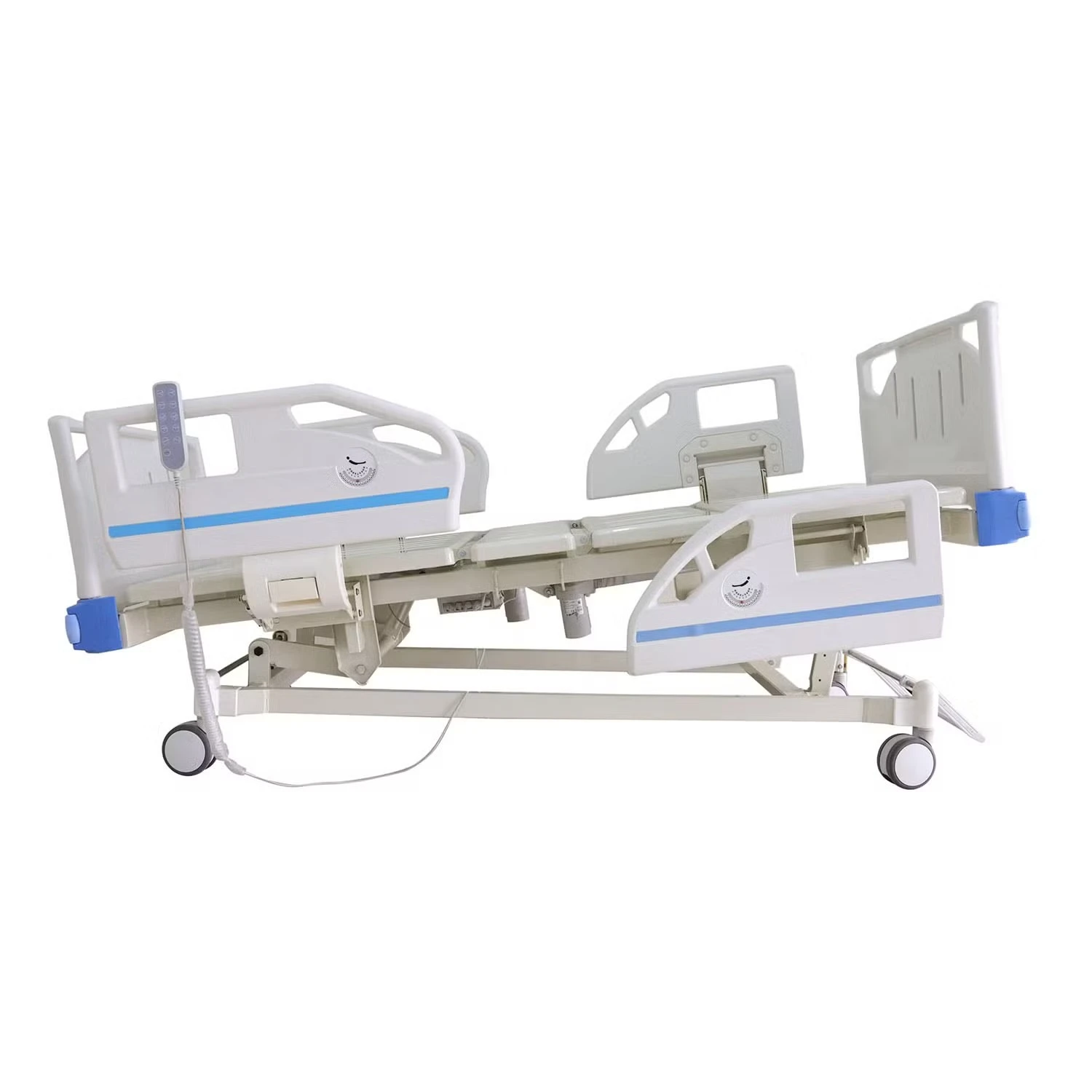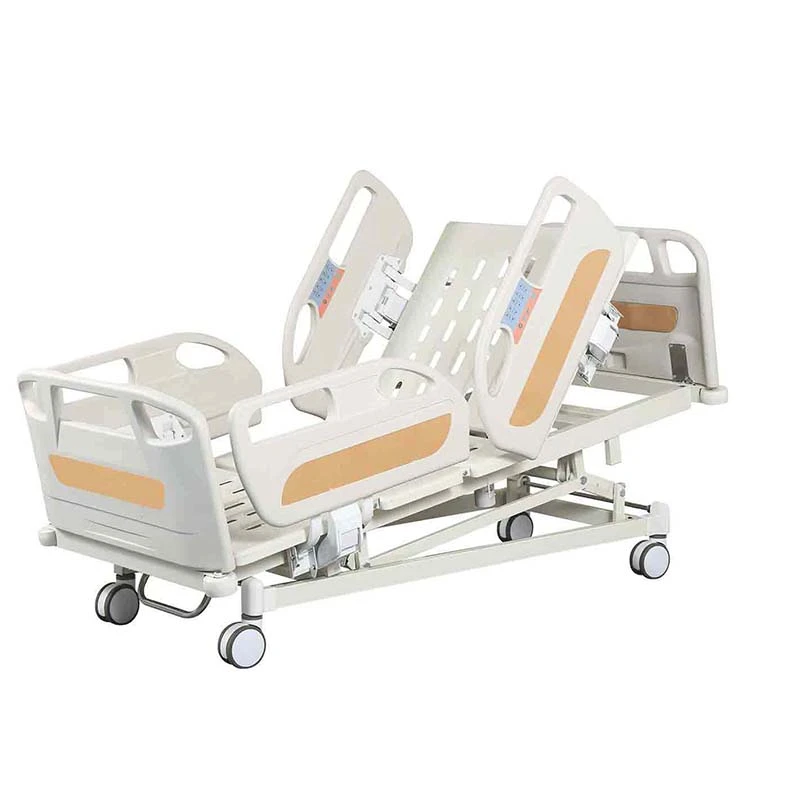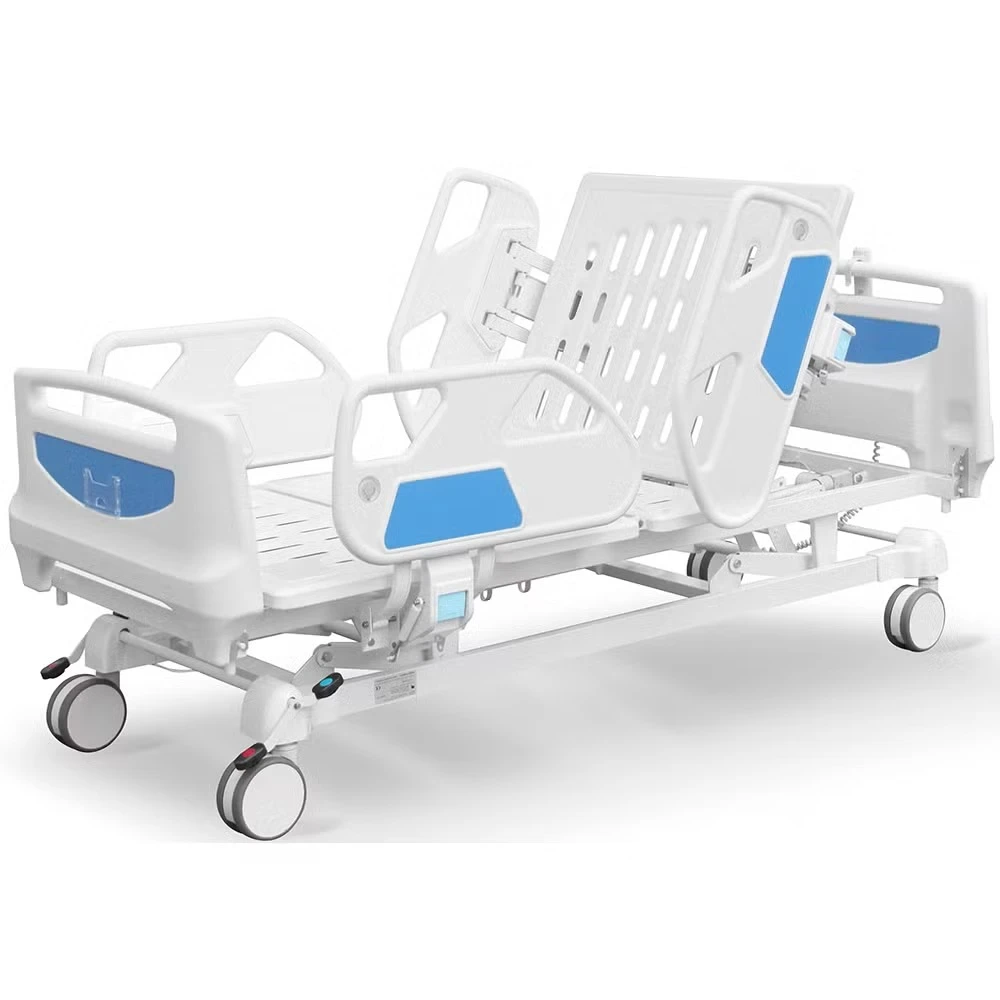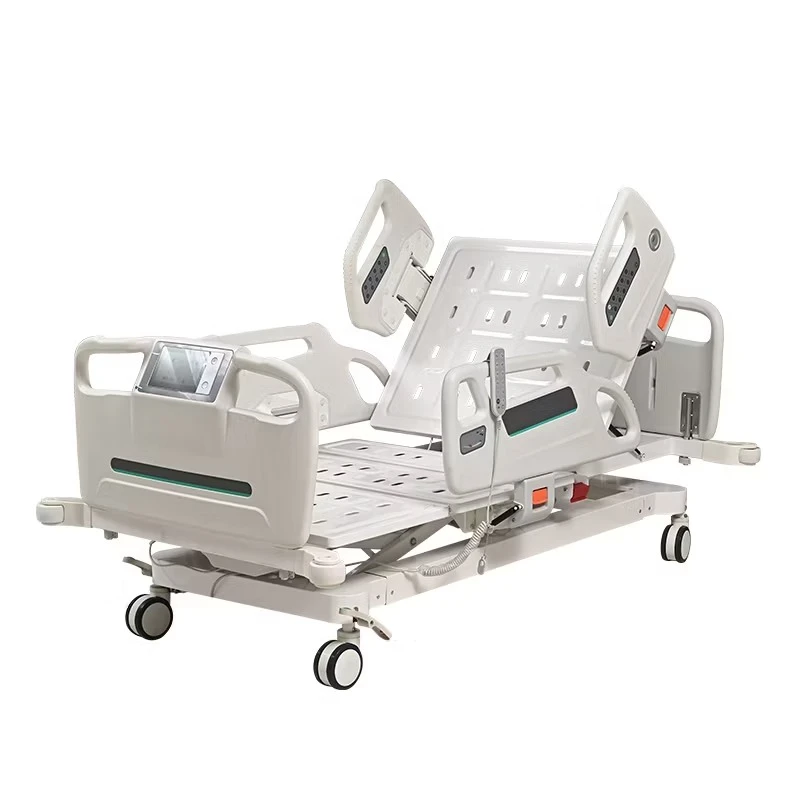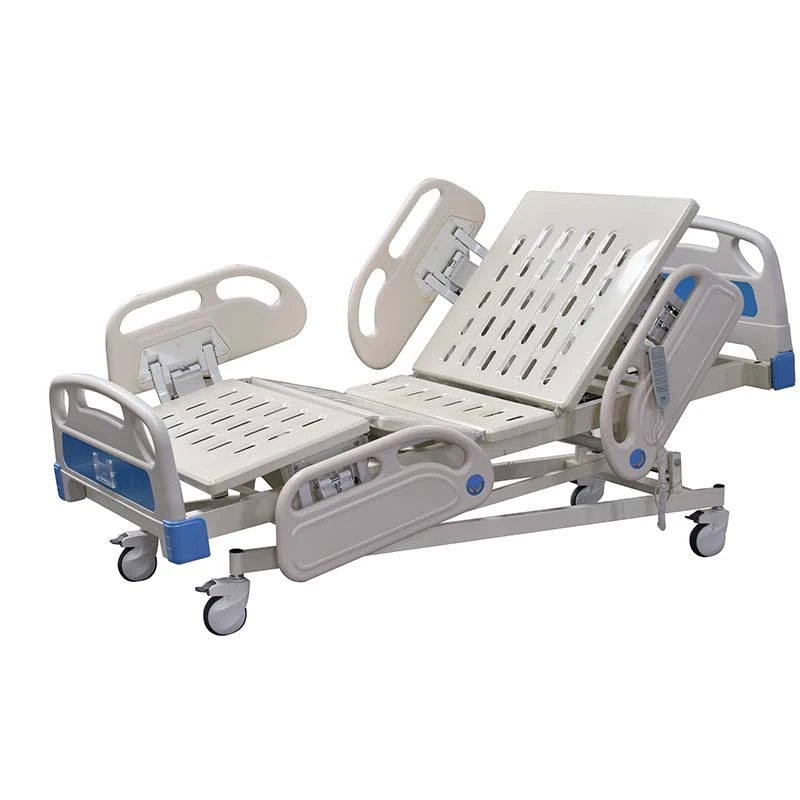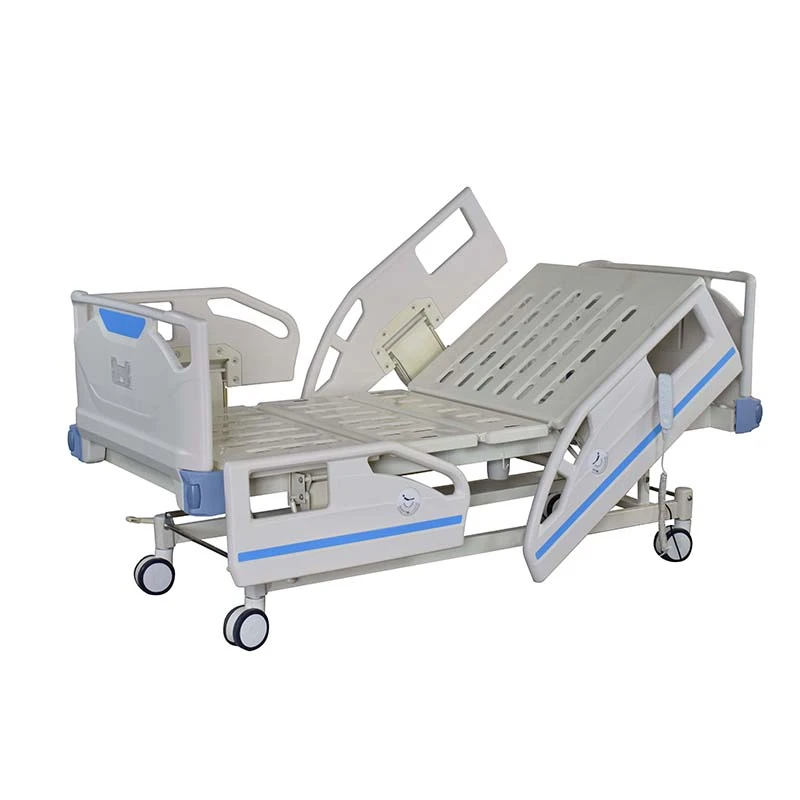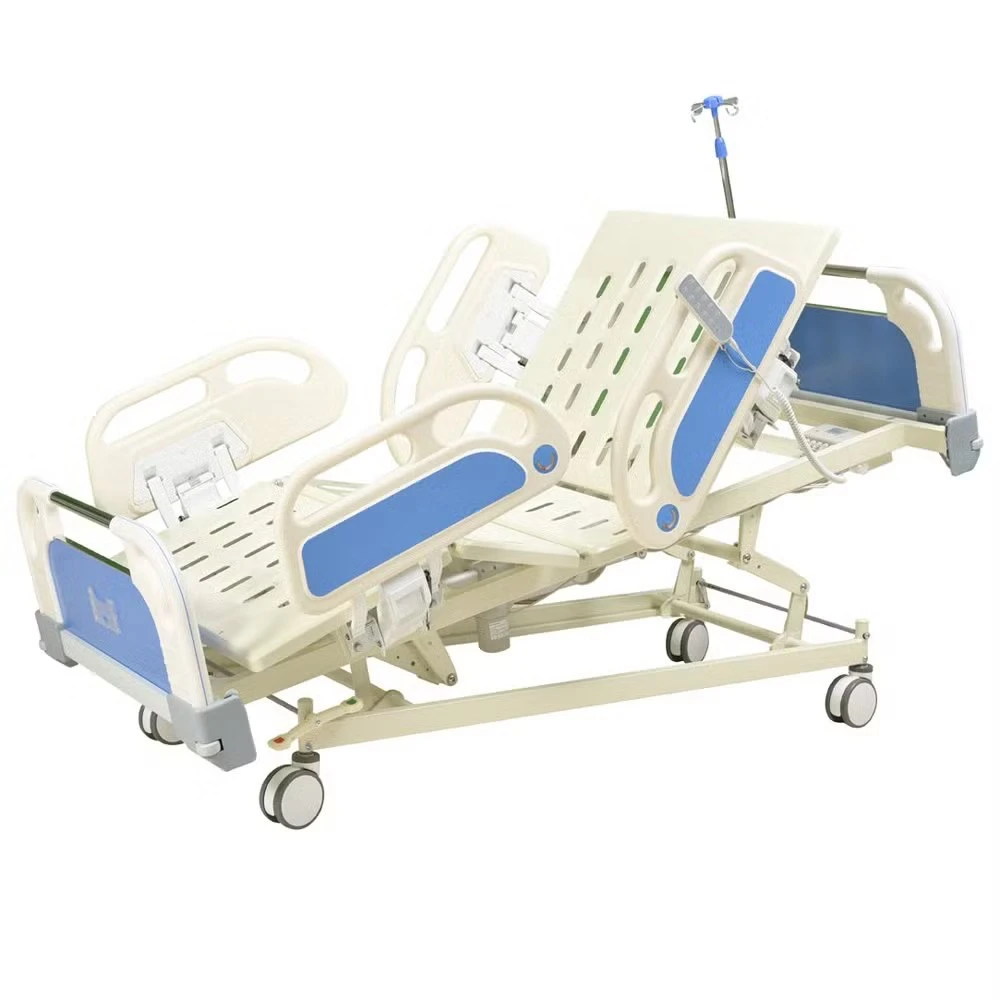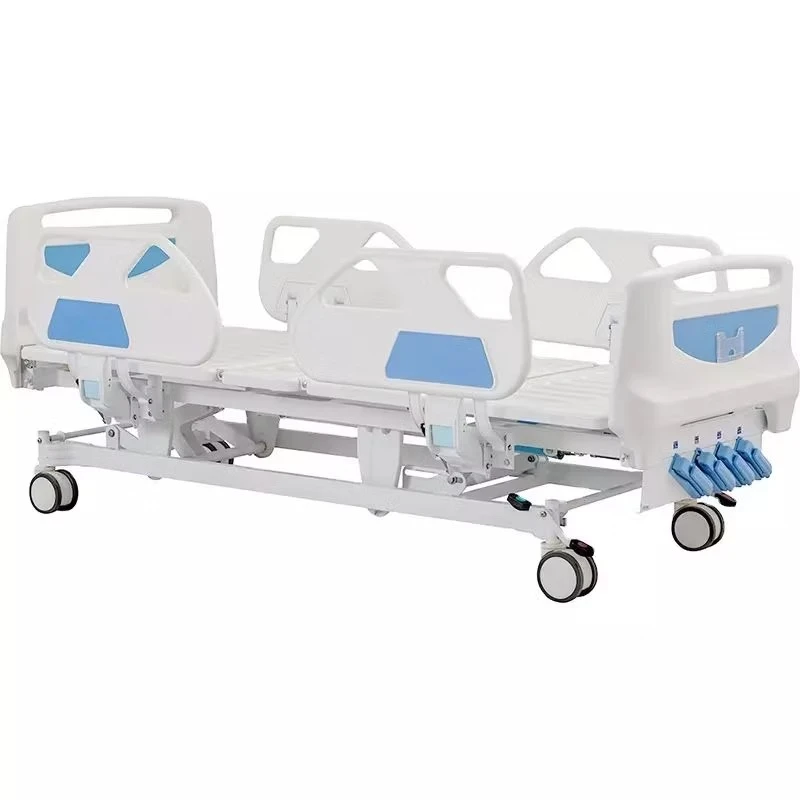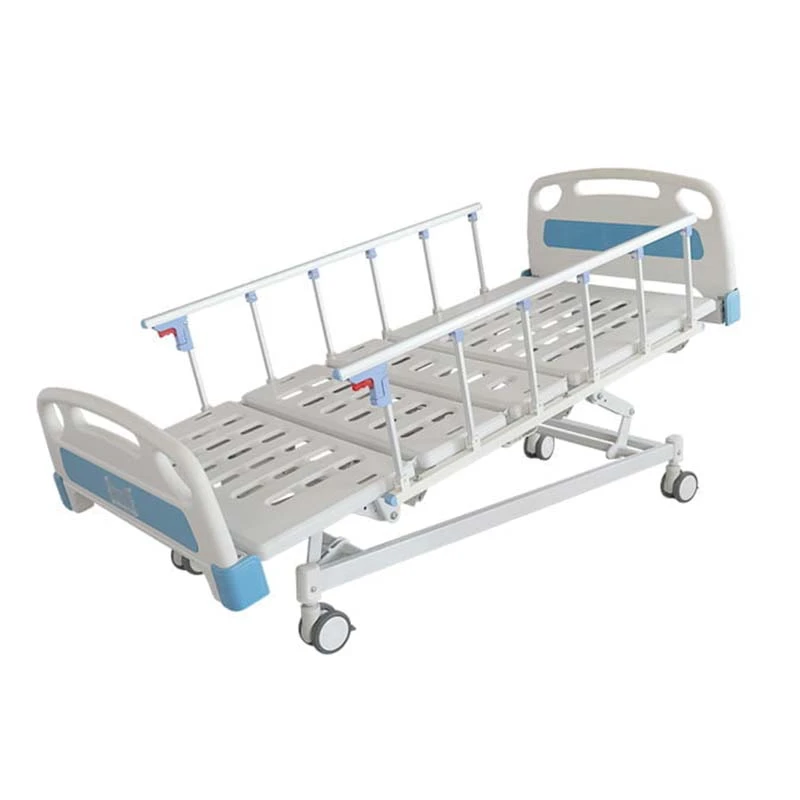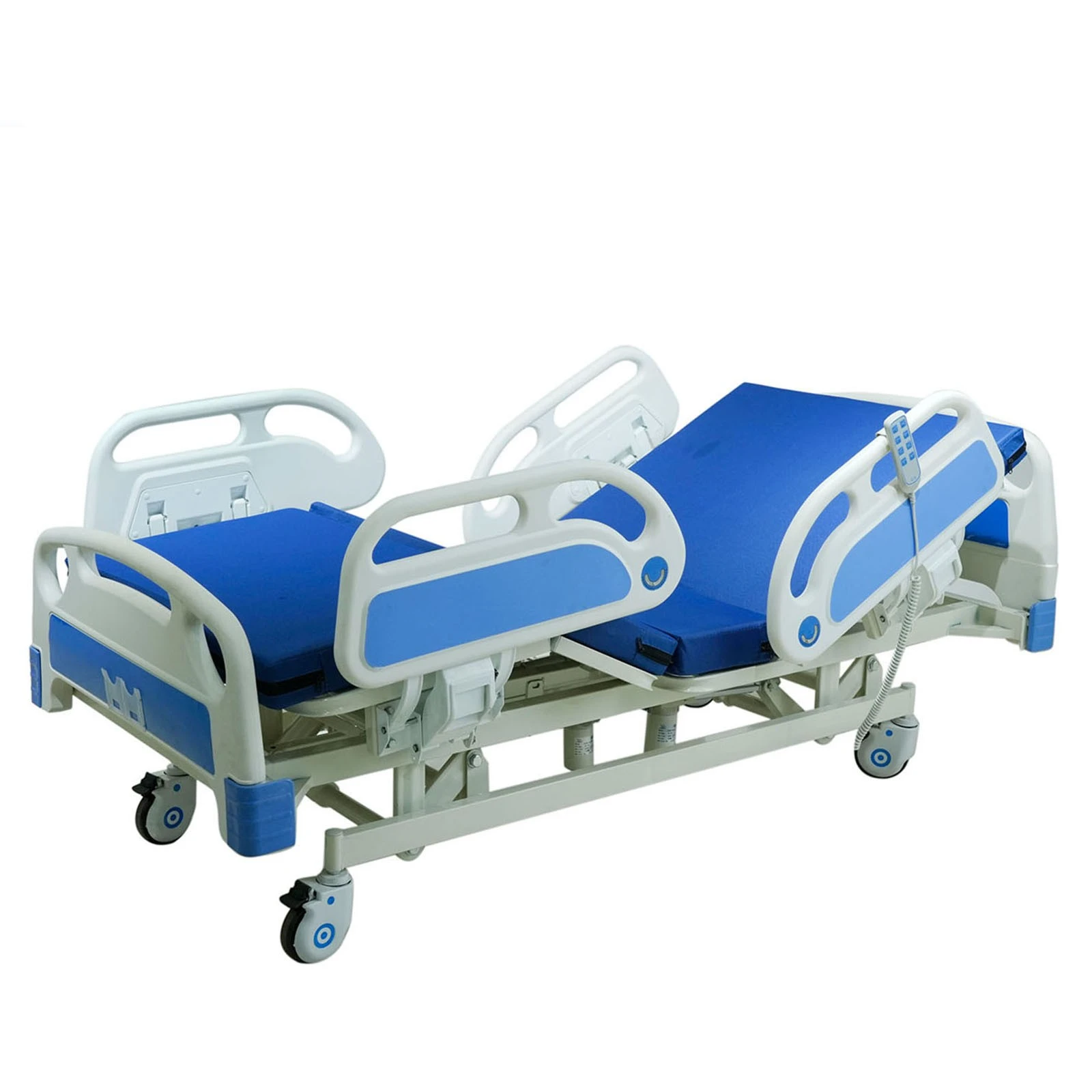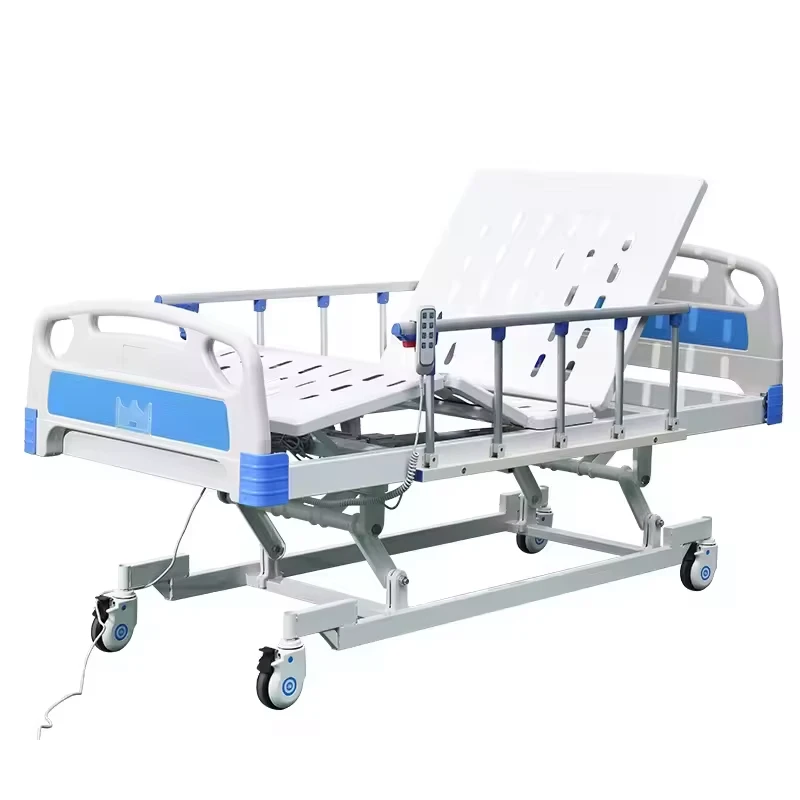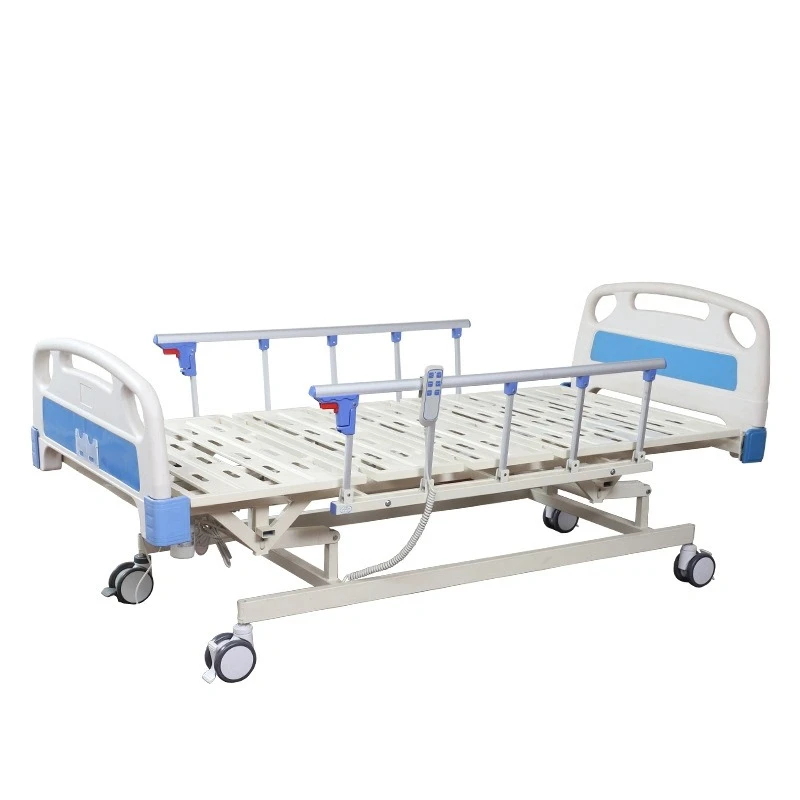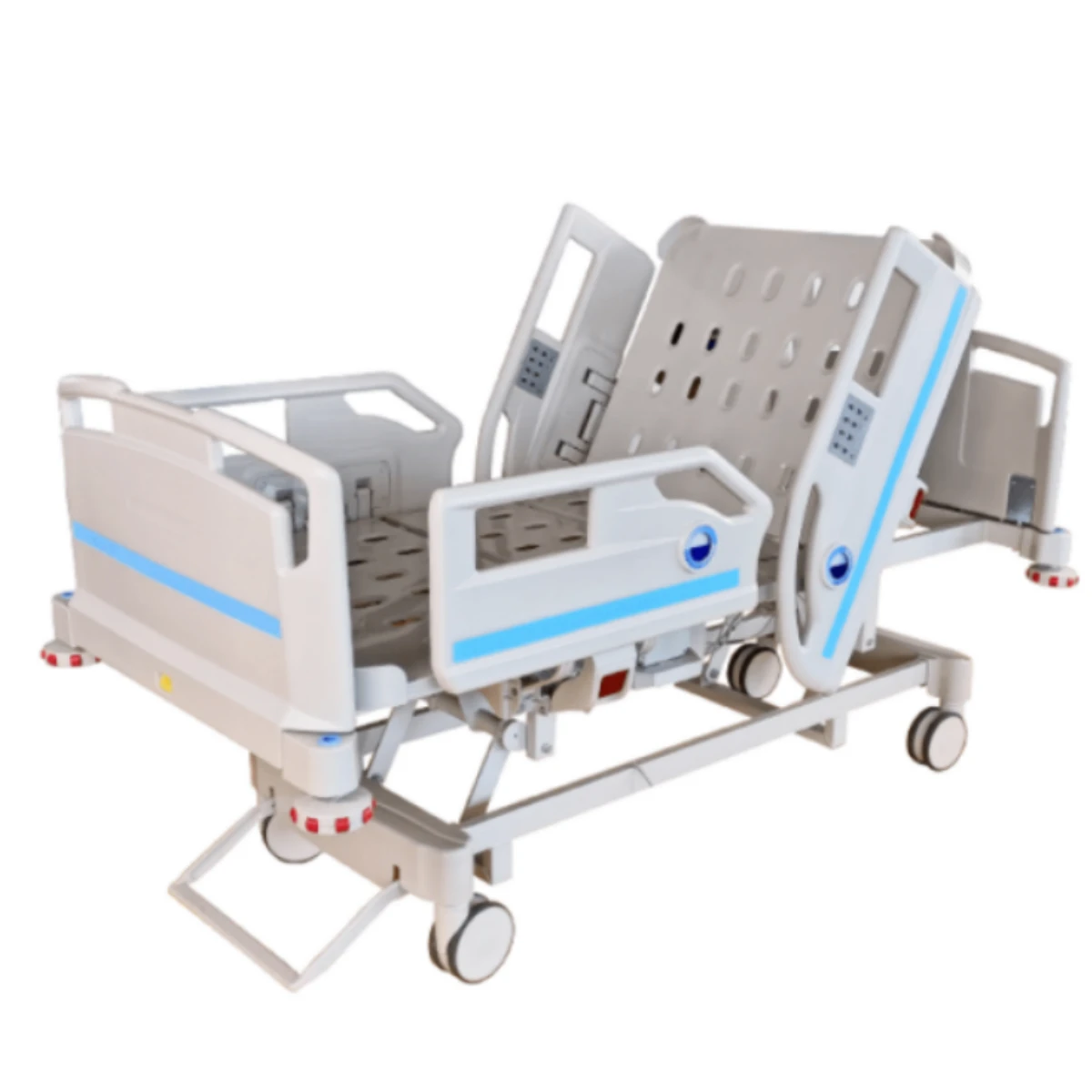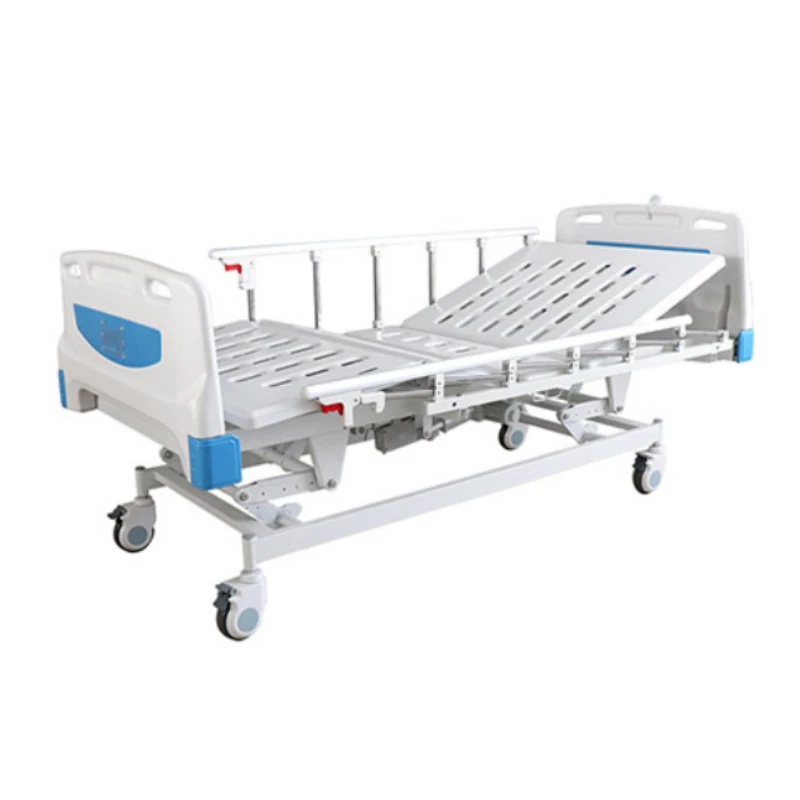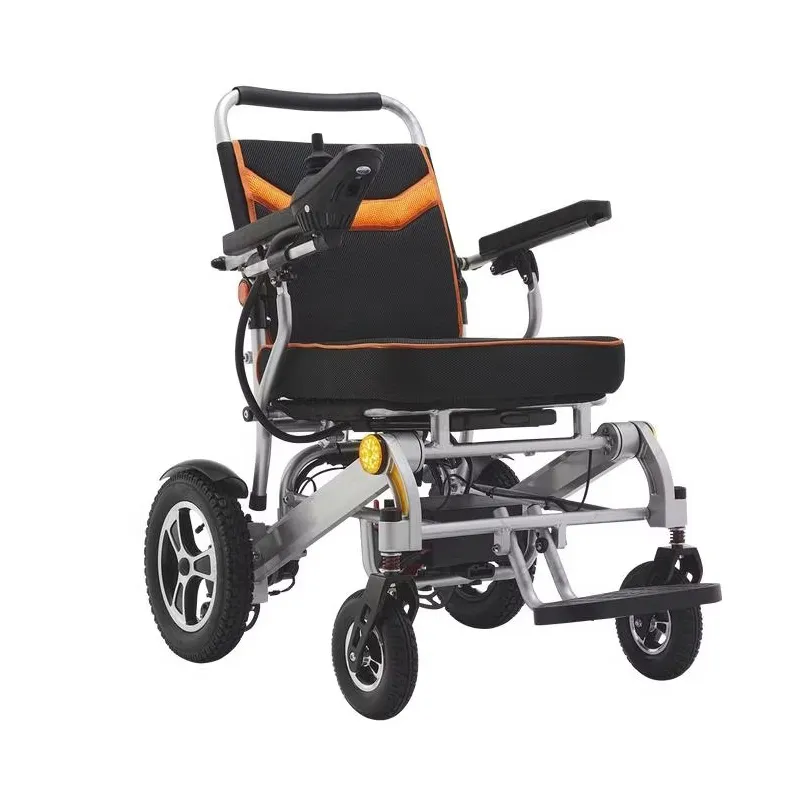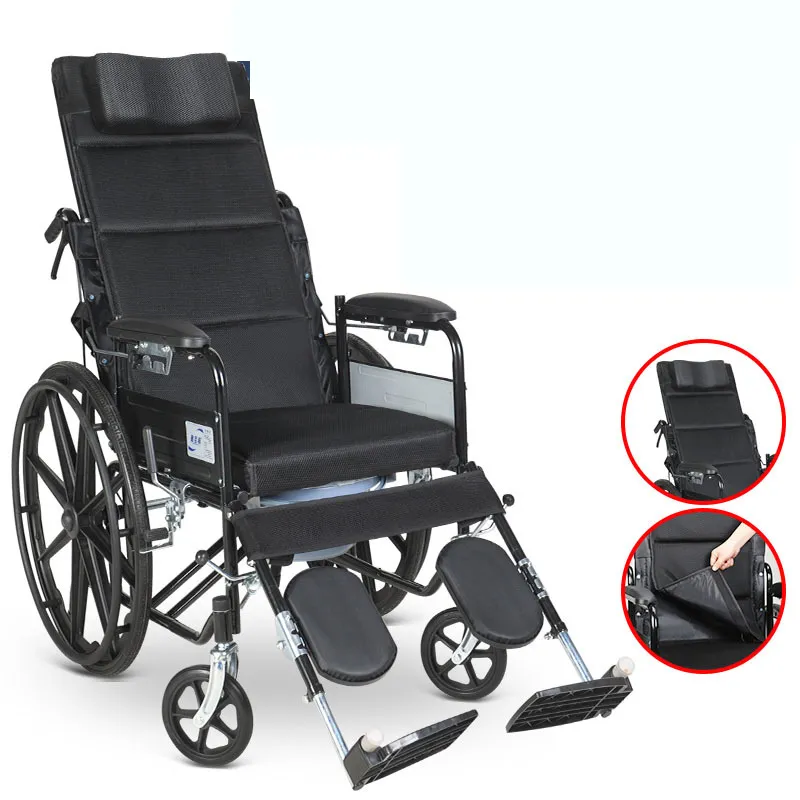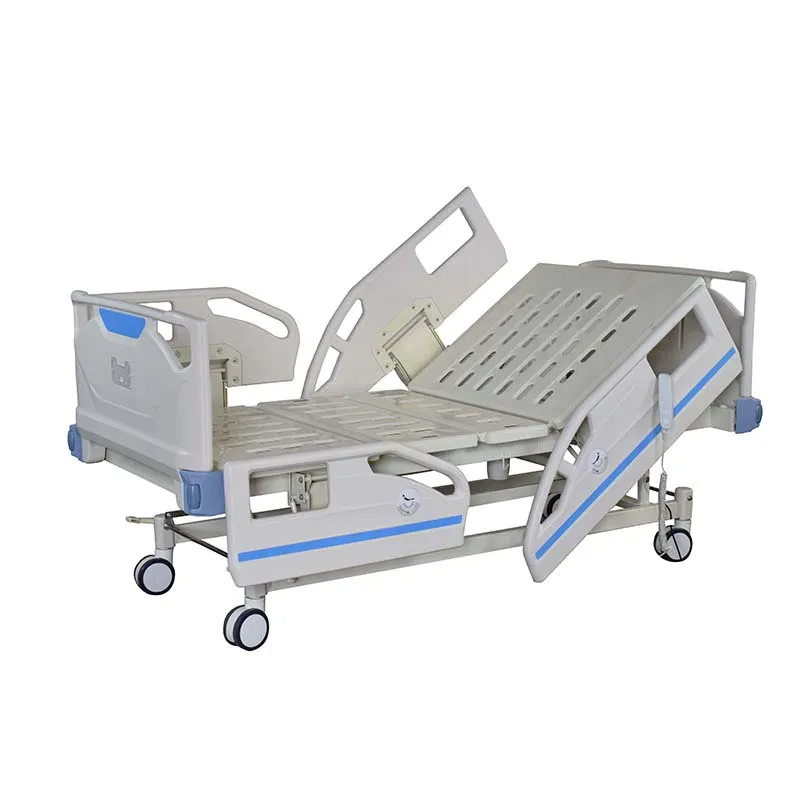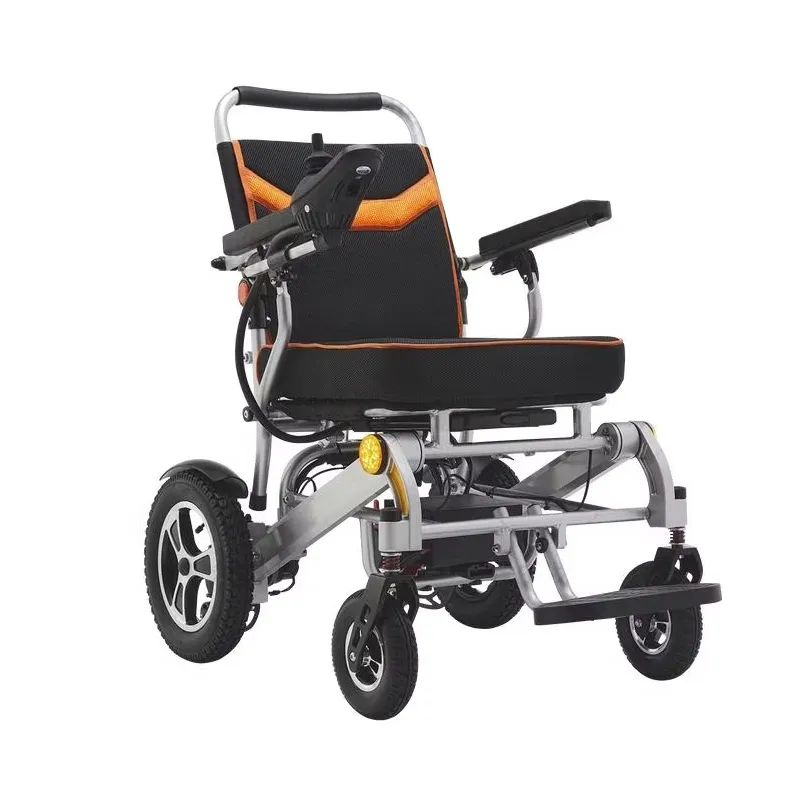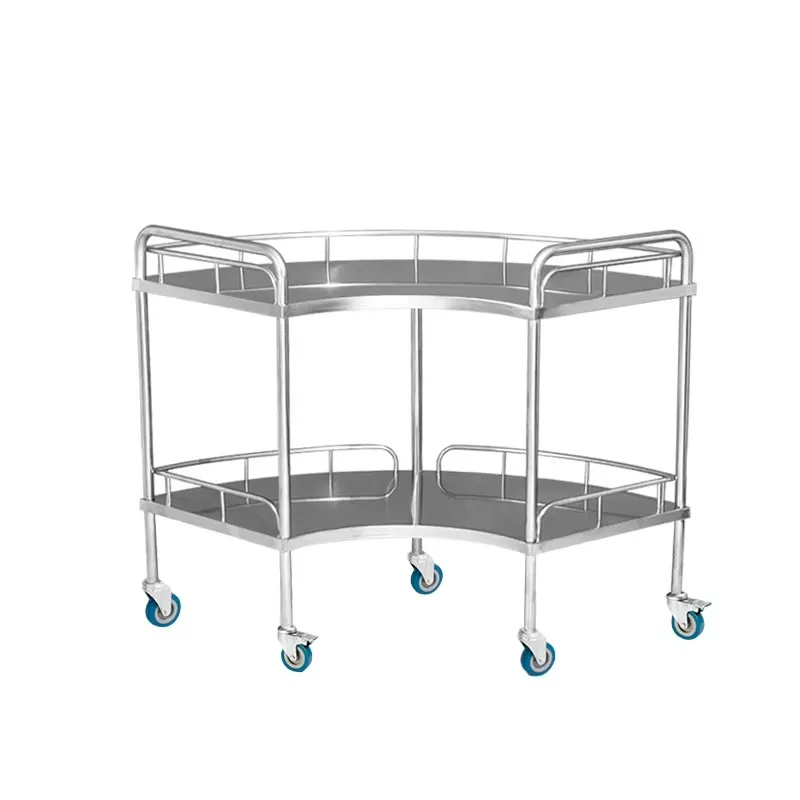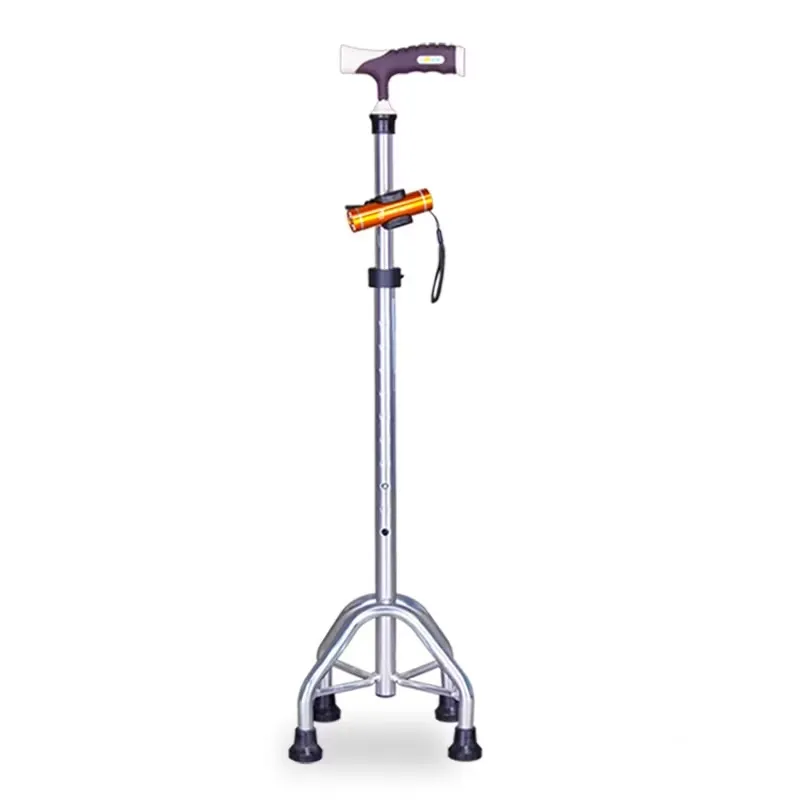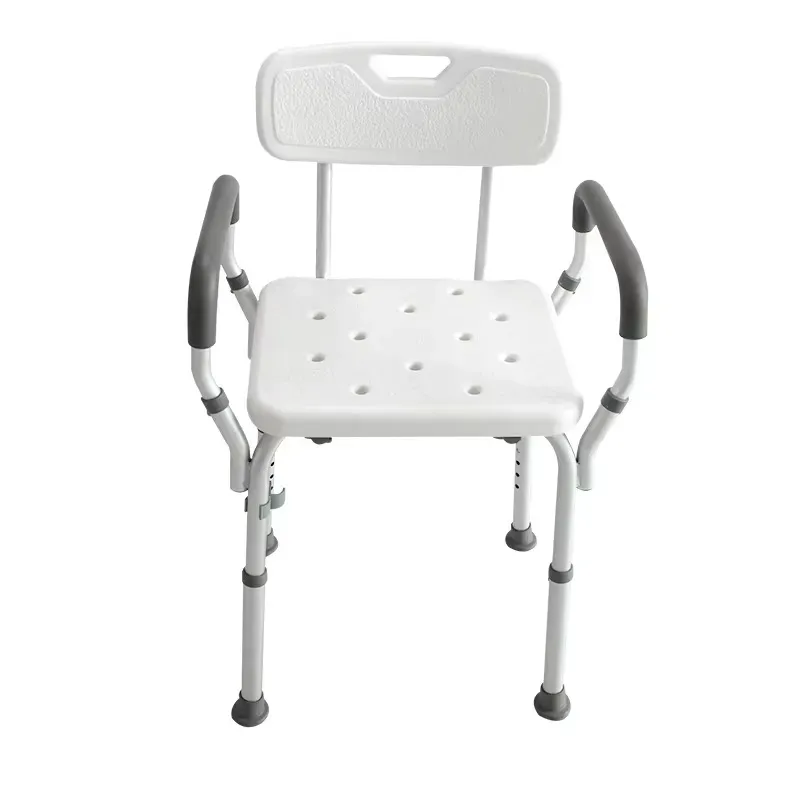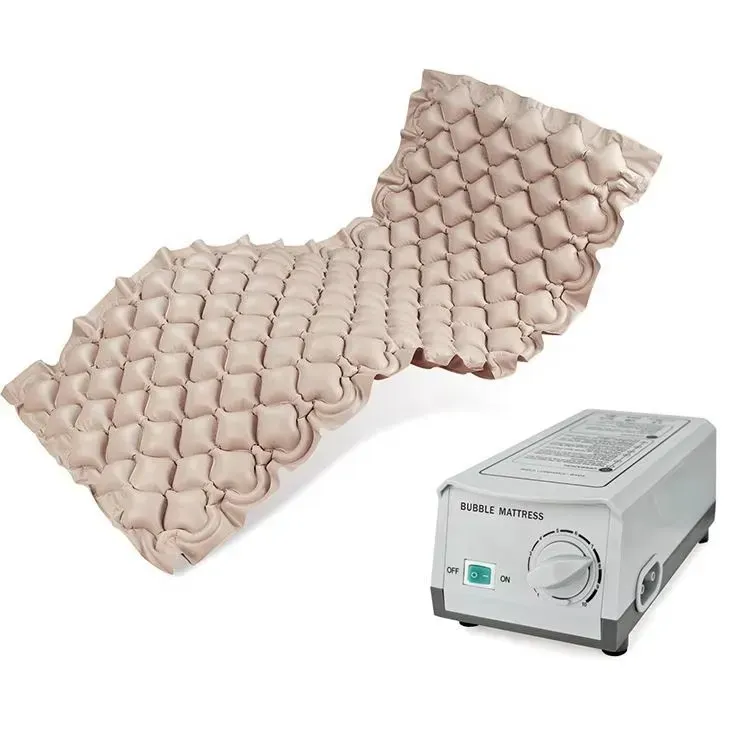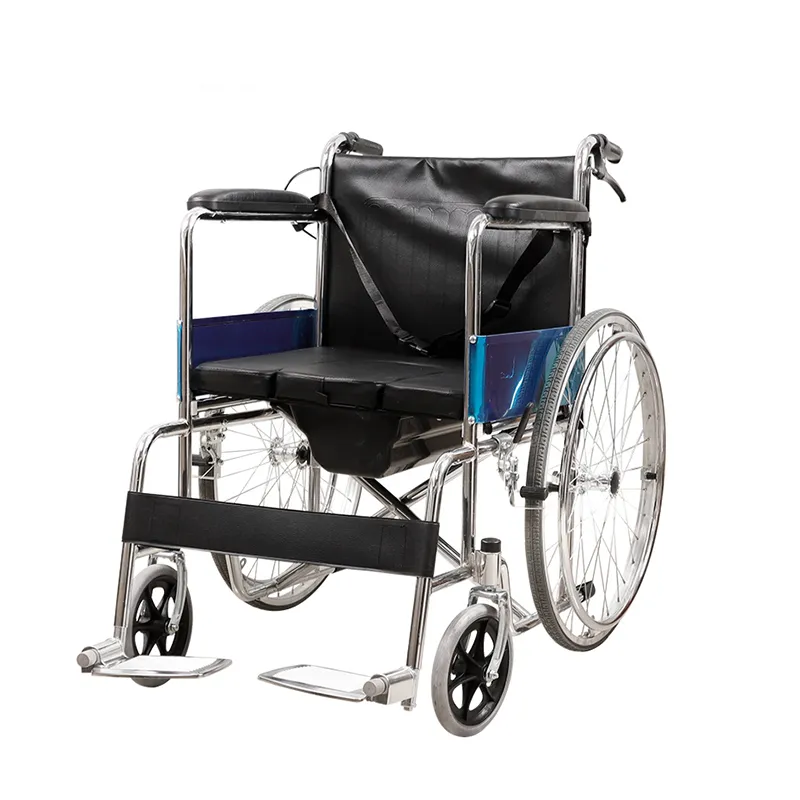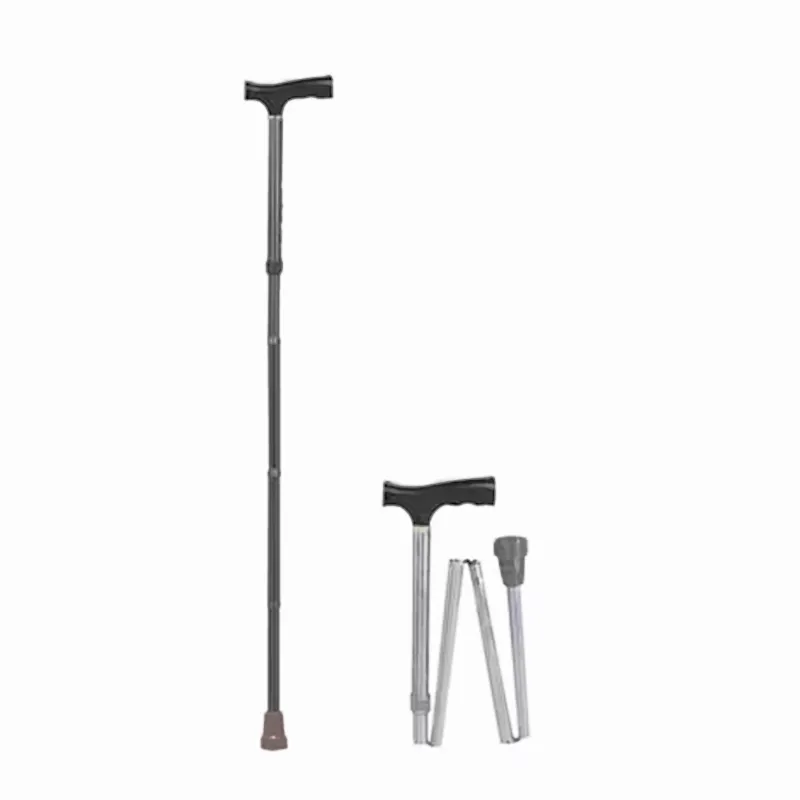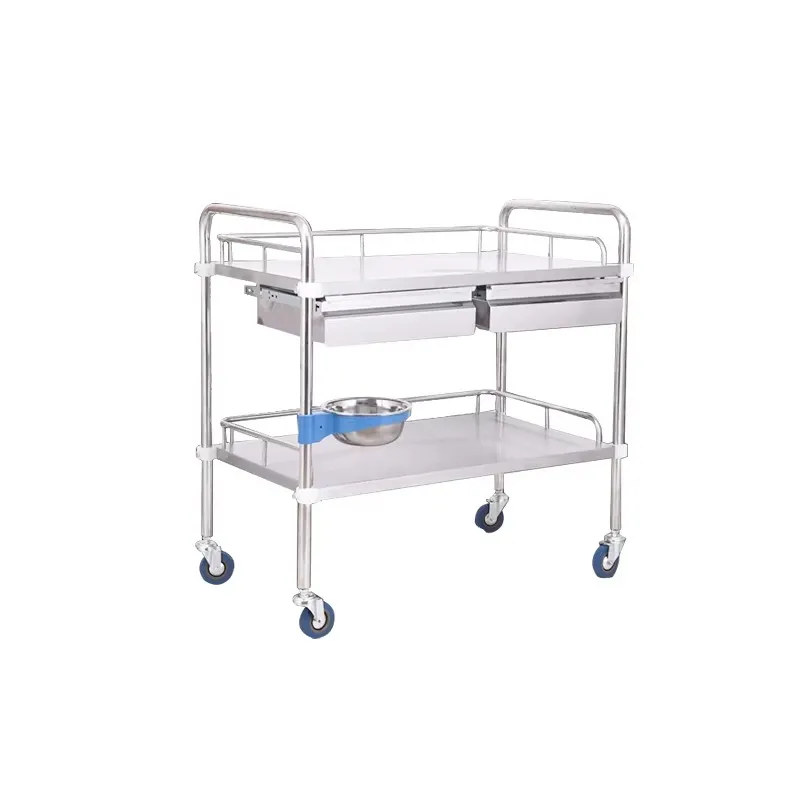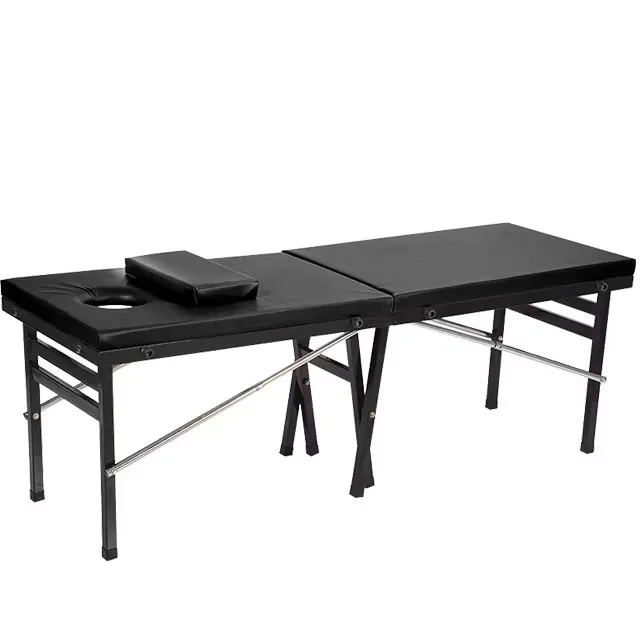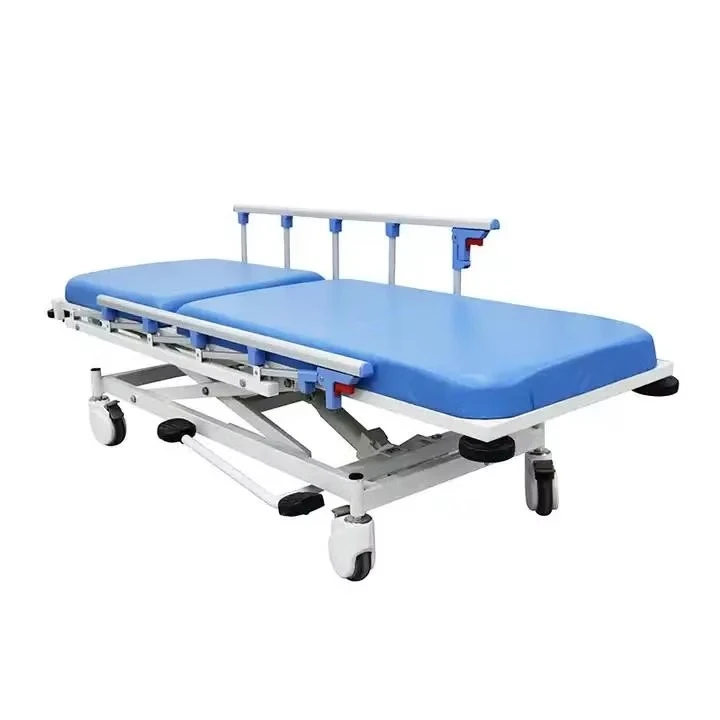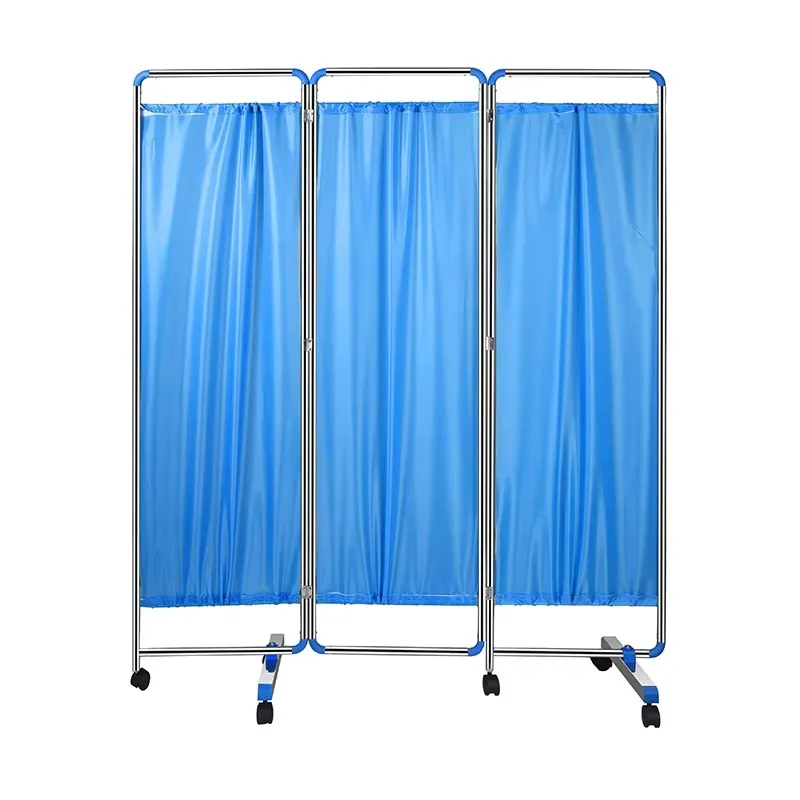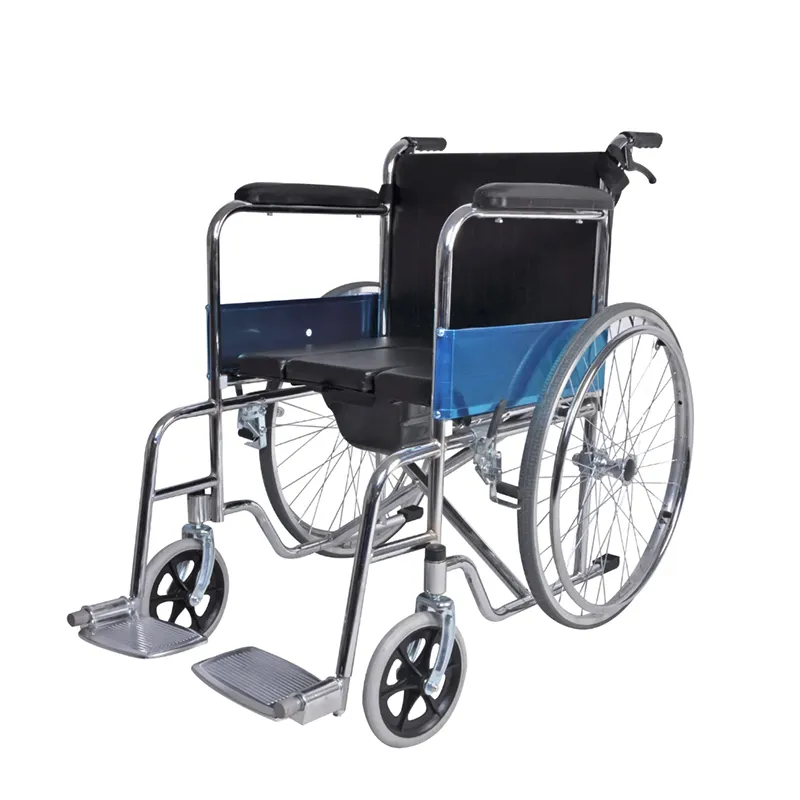Electric Wheelchair - Lightweight, Foldable, Long-Range
Electric Wheelchair is a key solution in the medical device industry, specifically within Rehabilitation nursing equipment and electric wheelchair. This article explores how HEBEI ZHAOFA TECHNOLOGY CO., LTD. supports professionals with durable, high-performance products, and explains why this product is an ideal choice for businesses in these sectors.
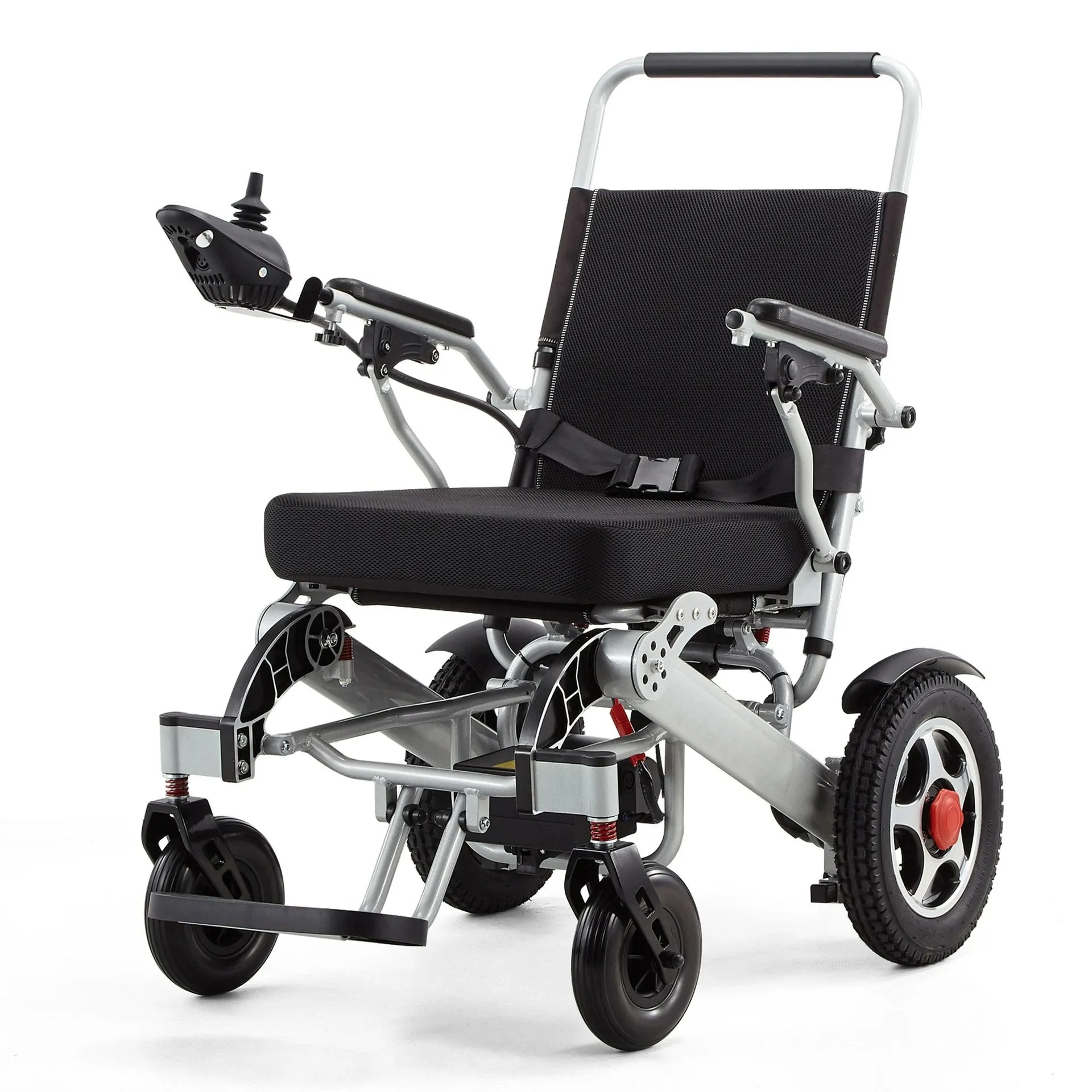
Table of Contents
- Electric Wheelchair Overview
- Benefits & Use Cases of Electric Wheelchair in electric wheelchair
- Cost, Maintenance & User Experience
- Sustainability & Market Trends in medical device
- Conclusion on Electric Wheelchair from HEBEI ZHAOFA TECHNOLOGY CO., LTD.
Electric Wheelchair Overview
An Electric Wheelchair—also called an electric powered wheelchair—is a mobility medical device designed to deliver safe, effortless movement for users with limited mobility in hospitals, rehabilitation centers, long-term care facilities, and community care settings. Within the Rehabilitation nursing equipment category, it enables standardized mobility support, reduces caregiver strain, and improves patient independence. For B2B decision makers, the category’s value lies in reliability, infection control, ease of service, and lifecycle cost.
HEBEI ZHAOFA TECHNOLOGY CO., LTD. manufactures a stainless-steel electric wheelchair platform engineered for durability and easy sanitation. Stainless steel frames are inherently corrosion-resistant and robust, well-suited to routine disinfection cycles and high-usage environments. Typical configurations in this class include joystick controls with multi-speed settings, dual high-torque motors for consistent traction, electromagnetic braking for safety, and 24V battery systems with removable packs to support extended shifts. Seating ergonomics and adjustable arm/foot supports can enhance comfort during prolonged use. While specifications can be tailored by model, the design focus remains: consistent performance, straightforward maintenance, and strong structural integrity for clinical and community applications. As a dependable manufacturer and export partner, HEBEI ZHAOFA supports professional buyers with quality control, documentation, and responsive after-sales service.
Benefits & Use Cases of Electric Wheelchair in electric wheelchair
Across rehabilitation units, outpatient therapy, post-acute care, and equipment rental fleets, an Electric Wheelchair streamlines mobility workflows and improves patient throughput. Facilities use these chairs for in-ward transport, community mobility training, and transitional care where independence and precise control matter. Distributors and procurement teams value models that are versatile enough for mixed populations yet standardized for inventory simplicity. For home-care programs, intuitive controls and stable low-speed handling reduce training time and increase adherence.
The stainless-steel construction from HEBEI ZHAOFA TECHNOLOGY CO., LTD. offers clear competitive advantages: high strength-to-weight durability, resistance to disinfectants, and longevity in humid or coastal regions. Modular batteries extend daily runtime, while electromagnetic brakes and anti-tip design enhance user safety. Service-friendly components support quick swaps of armrests, cushions, or control modules—minimizing downtime. As experienced electric wheelchair suppliers, HEBEI ZHAOFA brings application know-how to OEM discussions, distributor programs, and bulk tenders, helping teams specify the right configurations for hospitals, rehab centers, and community providers. The result is a reliable electric powered wheelchair portfolio that balances performance, sanitation, and maintainability for professional environments.
Cost, Maintenance & User Experience
When evaluating electric wheelchair price, B2B buyers should consider the total cost of ownership (TCO): acquisition cost, freight, battery lifecycle, parts availability, maintenance intervals, cleaning time, and expected service life. Stainless steel frames can yield lower TCO by withstanding repeated disinfection and daily wear, limiting frame-related replacements. Removable battery packs reduce fleet downtime and help facilities schedule charging without interrupting care. Standardized components simplify stocking and shorten service calls—key to preserving uptime in busy units or rental operations.
Feedback from rehabilitation and long-term care buyers emphasizes predictable handling, consistent braking, and comfortable seating as critical to user satisfaction and training efficiency. Administrators also highlight ease of cleaning and resistance to corrosion as contributors to ROI, particularly in high-turnover environments. HEBEI ZHAOFA TECHNOLOGY CO., LTD. supports lifecycle value with clear maintenance guidance, accessible spare parts, and responsive support—factors that influence both operational continuity and residual value. Whether procuring for a hospital group, dealer network, or government tender, focusing on TCO rather than headline electric wheelchair price alone typically delivers better ROI over the product’s service life.
Sustainability & Market Trends in medical device
Global demand for Electric Wheelchair solutions is expanding, driven by aging populations, advances in rehabilitation, and a shift toward home- and community-based care. At the same time, purchasing teams face evolving regulatory frameworks and sustainability targets. In many markets, quality management systems (e.g., ISO 13485), electrical safety standards for medical devices, and robust post-market surveillance are essential procurement considerations. Buyers also prioritize materials that endure frequent cleaning, streamlined packaging, and responsible end-of-life pathways for batteries and components.
HEBEI ZHAOFA TECHNOLOGY CO., LTD. positions its stainless-steel electric wheelchair platform to support long service life and repeated reuse, reducing waste associated with premature replacements. The company emphasizes durable materials, serviceable parts, and efficient logistics to help lower the environmental footprint across the product lifecycle. Battery stewardship—through clear charging, storage, and recycling guidance—aligns with institutional sustainability programs. For B2B decision makers comparing electric wheelchair suppliers, a partner focused on durability, maintainability, and responsible sourcing can advance both compliance and ESG goals while meeting clinical performance requirements.
Conclusion on Electric Wheelchair from HEBEI ZHAOFA TECHNOLOGY CO., LTD.
For medical device buyers and rehabilitation providers, an Electric Wheelchair must combine safety, sanitation, durability, and ease of service. HEBEI ZHAOFA TECHNOLOGY CO., LTD.’s stainless-steel solution delivers dependable performance for hospitals, rehab centers, and fleet operators, while helping control TCO beyond headline electric wheelchair price. With proven manufacturing capability and attentive support, HEBEI ZHAOFA is a trusted choice among electric wheelchair suppliers. Contact us: email: john@zhaofamedical.com — Visit our website: https://www.zhaofamed.com



